Mario Krenn has a unique job in the field of physics. As the research group leader at the Artificial Scientist Lab at the Max Planck Institute for the Science of Light in Erlangen, Germany, he builds machine-learning algorithms that can create novel, improved ways of designing experiments that human minds might miss. And, as he explains in this video from Quanta Magazine, his team has already seen some incredible results, with some of the AI-generated designs improving on the best ideas thought up by humans, and one algorithm even discovering a new way to entangle quantum particles. In time, Krenn believes these methods could greatly accelerate progress in the field, with algorithms making discoveries that physicists will simply have to interpret.
A future in which ‘artificial scientists’ make discoveries may not be far away
Video by Quanta Magazine
Producer: Emily Buder

videoComputing and artificial intelligence
A scientist’s poor eyesight helped fuel a revolution in computer ‘vision’
9 minutes
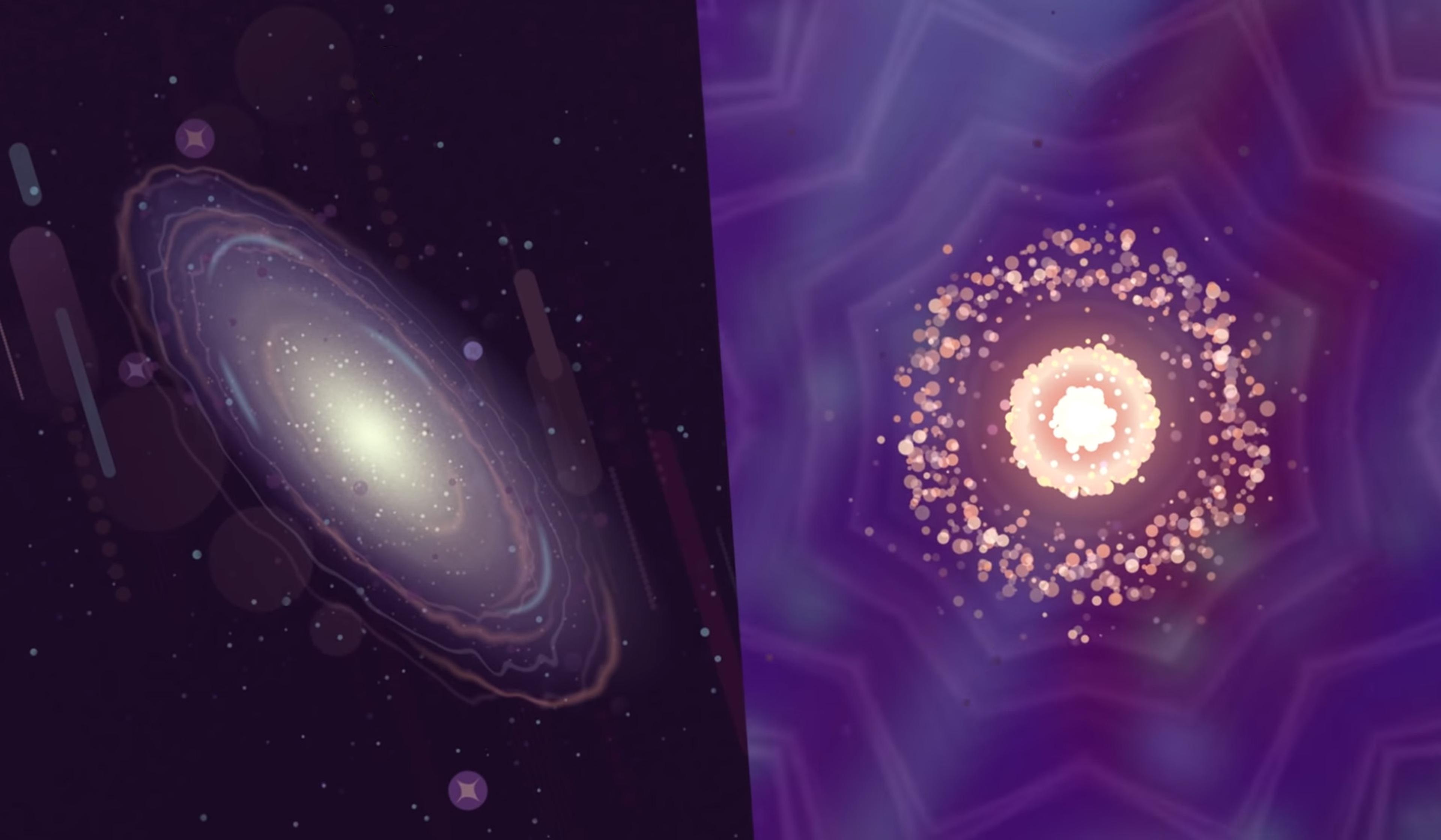
videoPhysics
There’s a striking link between quantum and astronomic scales. What could it mean?
5 minutes

videoAnthropology
Sitting by the fire with a nomadic tribe, a physicist ponders the many shapes of wisdom
2 minutes
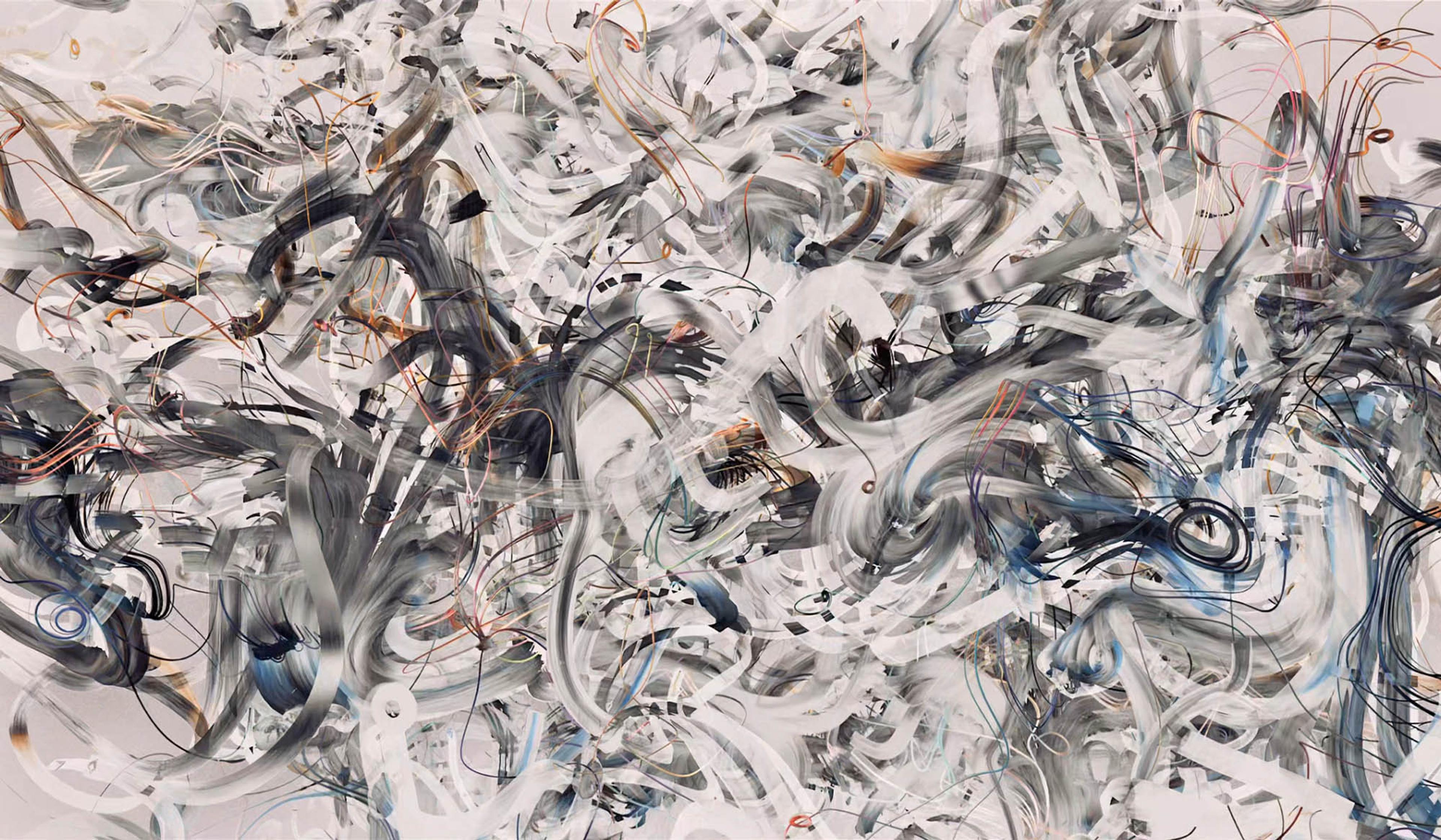
videoQuantum theory
‘Moving paintings’ evoke a quantum particle collision at the Large Hadron Collider
4 minutes
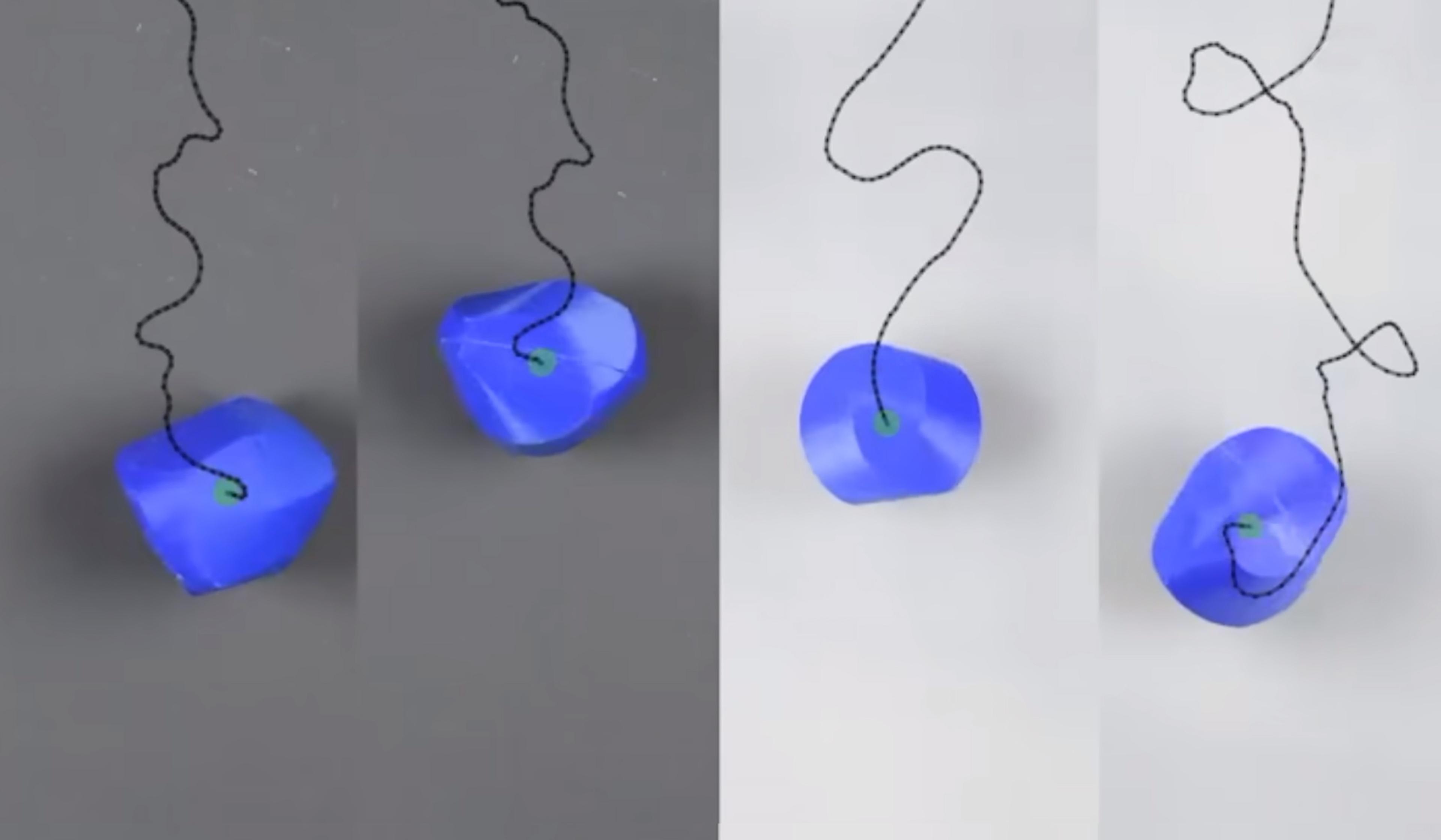
videoPhysics
Is it possible to design a shape to roll along any fixed path?
4 minutes
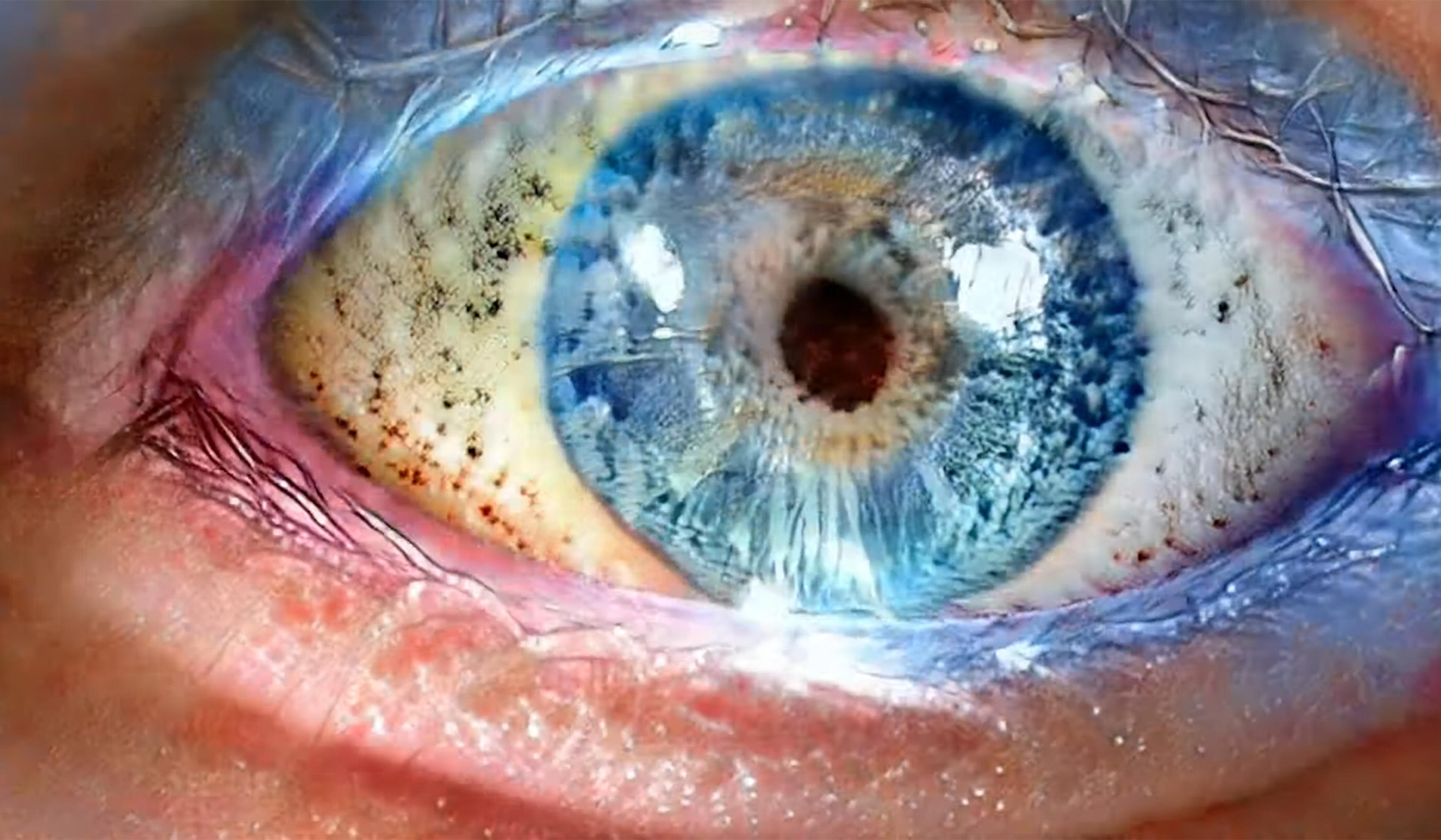
videoBiotechnology
The uncanny art inspired by evolution and generated by ‘crossbreeding’ images
5 minutes
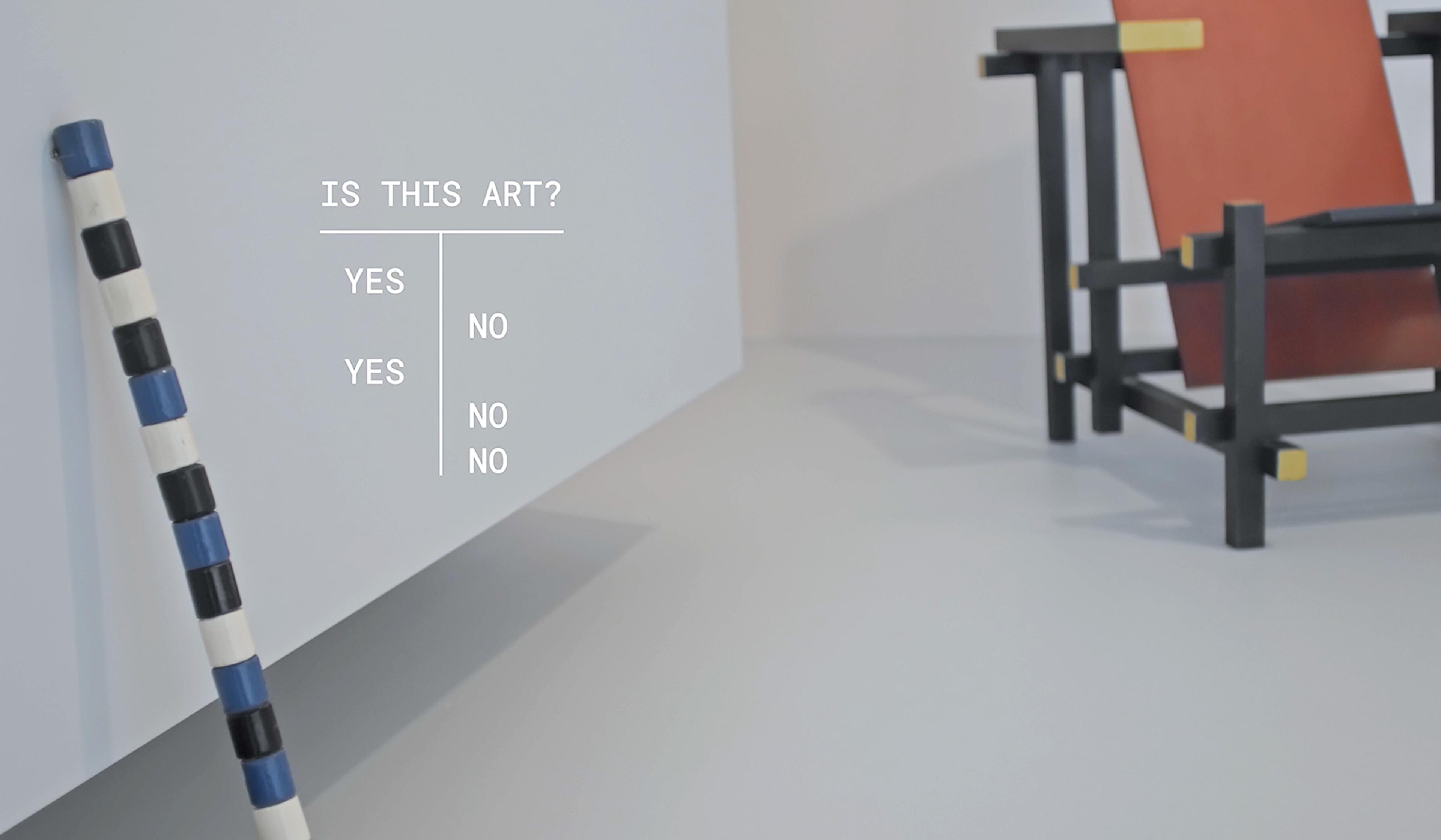
videoArt
What does an AI make of what it sees in a contemporary art museum?
15 minutes
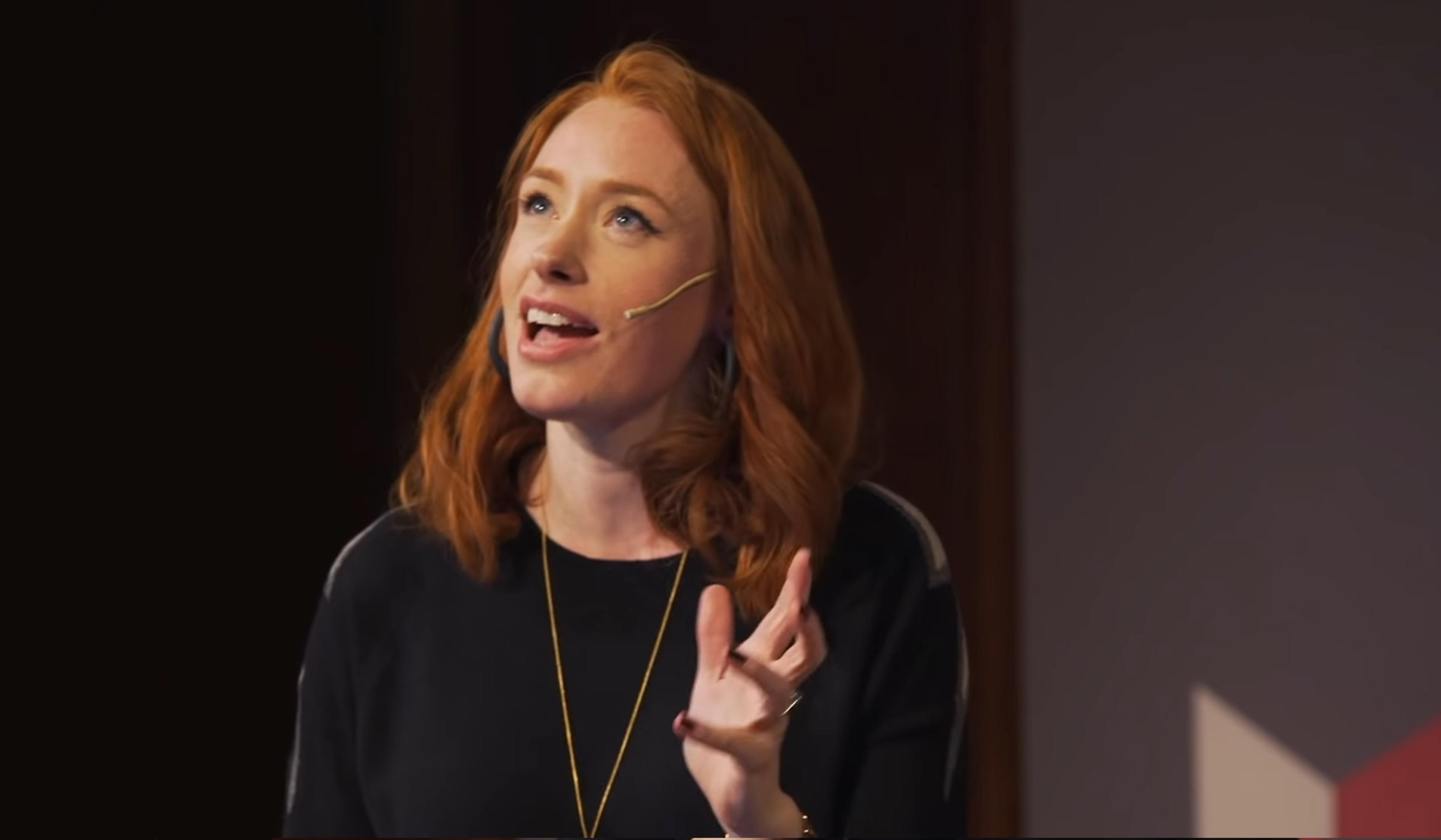
videoComputing and artificial intelligence
Algorithms are sensitive. People are specific. We should exploit their respective strengths
36 minutes

videoComputing and artificial intelligence
Who, exactly, authored this AI-generated spin on Alfred Hitchcock’s Vertigo?
5 minutes